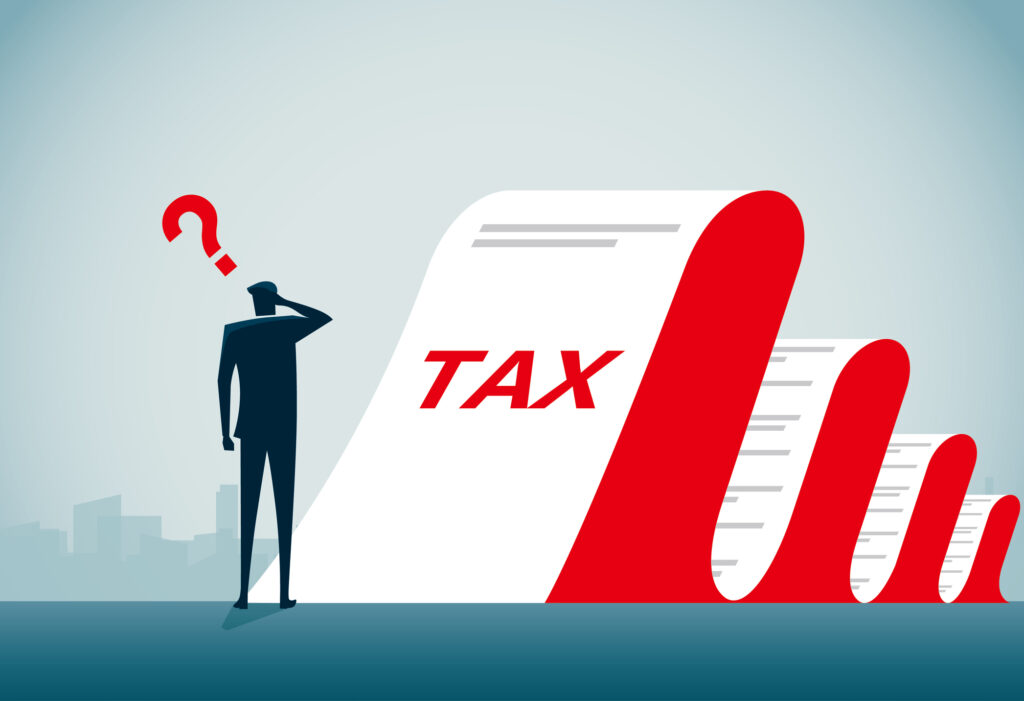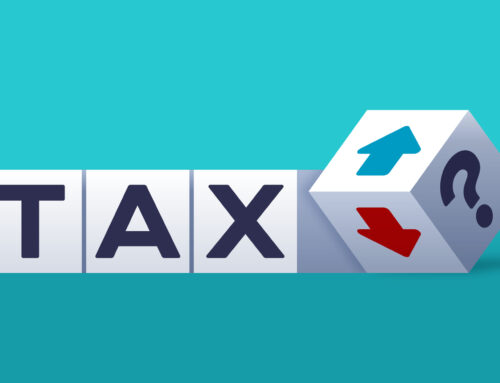
When planning for your retirement, understanding the tax implications is crucial for making informed decisions about your financial future. Here’s a comprehensive guide to help you navigate the complexities of retirement taxes.
You may wonder if it’s possible to enjoy retirement income without the burden of taxes. While it’s technically feasible, the reality is that most retirees will have to pay some form of income tax. The income limits for tax-free filing are relatively low, making it challenging for many retirees to qualify.[1]
As you plan for retirement, it’s important to consider your sources of taxable income. Retirees often rely on various retirement accounts, leading to what is known as “unearned income.” [1] This includes withdrawals from pensions, traditional 401(k)s, and traditional IRAs.[1] Such withdrawals are treated as regular income, increasing your total taxable income if you are still working.[1]
Social Security benefits are also taxable to some degree unless you make very little money.[1] The thresholds for how much is subject to taxation vary on factors such as total amount of income, but most people have at least some portion of their Social Security taxed.[1]
One effective strategy to potentially reduce tax liability in retirement is leveraging Roth accounts.[1] Withdrawals from Roth accounts are not taxed at withdrawal after the age of 59 ½, offering you an opportunity to lower your tax obligations.[2][3] While this approach may not be suitable for every retiree, it can be a valuable tool in minimizing taxes during retirement. There are other tax-free sources out there, too, such as some municipal bonds, but they’ll come with their own risks and considerations.
In addition, there are ways in which capital gains can supplement your income, which are sometimes taxed at lower rates than income. In all, these tax-advantaged sources are often best used as part of an overall income strategy that usually includes taxable sources.
For a personalized tax strategy tailored to your specific circumstances, consider consulting with our team of professionals. We offer a complimentary review of your finances to help you gain a comprehensive understanding of your tax situation and develop a customized plan for your retirement finances. By leveraging the right strategies and seeking professional advice, you can proactively manage your tax responsibilities and make the most of your retirement income. Whether it’s considering sources of taxable income or exploring tax-minimizing strategies, being proactive in managing your retirement taxes can significantly impact your financial well-being in your golden years.
[1] https://www.investopedia.com/articles/retirement/12/will-you-pay-taxes-during-retirement.asp
[2] https://investopedia.com/terms/r/roth401k.asp#:~:text=A%20Roth%20401(k)%20is,are%20tax-free%20upon%20retirement.
[3] https://www.investopedia.com/how-roth-ira-taxes-work-4769988#:~:text=Key%20Takeaways&text=Contributions%20to%20a%20Roth%20IRA,no%20taxes%20on%20qualified%20distributions.








